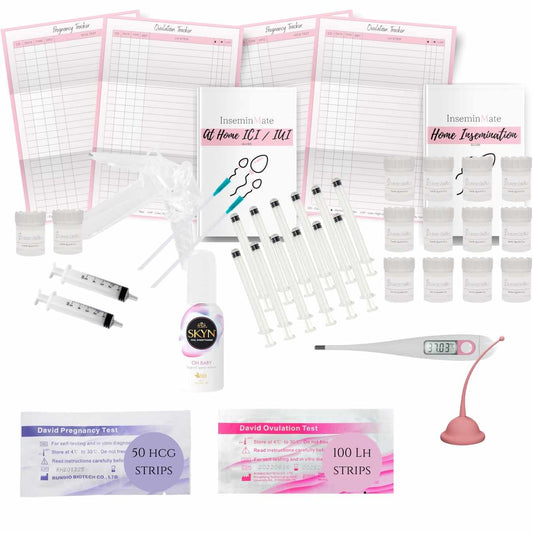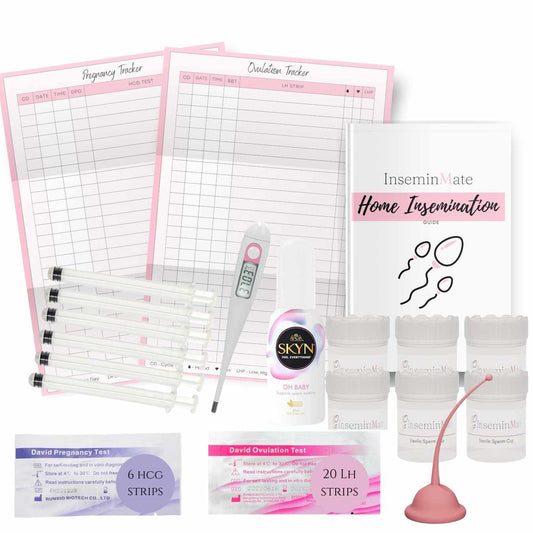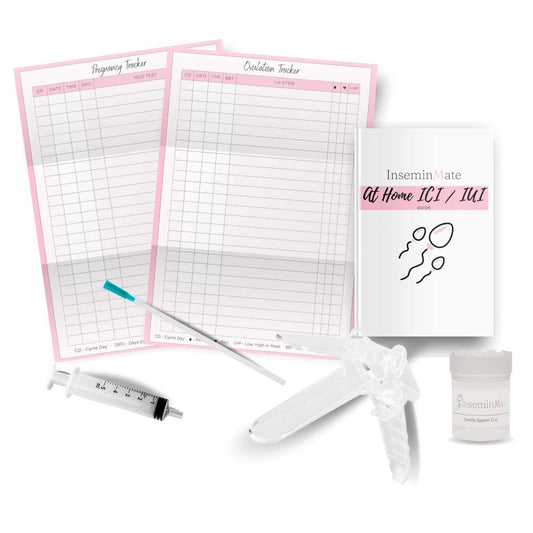Fourteen days after ovulation (14 DPO) marks the end of the two-week wait for women trying to conceive. At this point, the body is producing enough hCG to be detected by a pregnancy test, and many women may be feeling anxious and excited to find out if they're pregnant.
Some common symptoms that women may experience at 14 DPO include:
-
Missed period: If you have a regular menstrual cycle, a missed period is one of the most reliable early signs of pregnancy.
-
Cramping: As the fertilized egg implants into the uterine lining, some women may experience mild cramping.
-
Breast changes: Hormonal changes can cause breast tissue to become sore, swollen, or tender.
-
Fatigue: As hormone levels increase, some women may feel more tired than usual.
-
Nausea: Some women may experience mild nausea or queasiness due to hormonal changes.
-
Mood changes: Hormonal changes can also affect mood, leading to feelings of irritability, anxiety, or depression.
If you're experiencing these symptoms, it's a good idea to take a pregnancy test to confirm if you're pregnant. Keep in mind that not all women experience these symptoms, and some may experience symptoms later on in pregnancy.
It's important to remember that even if the pregnancy test is negative, it's possible to be pregnant and have a false negative result. If you suspect you may be pregnant but have received a negative test result, wait a few days and test again or speak with your healthcare provider.
Regardless of the test result, it's essential to take care of yourself during this time. Focus on getting enough rest, eating a balanced diet, and managing stress levels. If you receive a positive test result, make an appointment with your healthcare provider to discuss prenatal care options.




